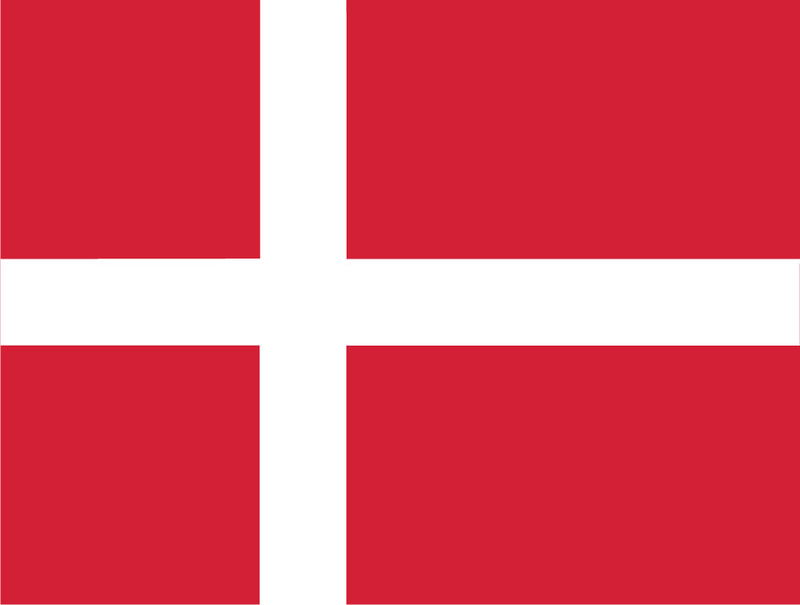
Bygningsreglementet BR18
This is Denmark’s building code. Its focus is on ensuring that buildings are designed and constructed to be safe, energy-efficient, and environmentally sustainable throughout their lifecycle.

Arbejdstilsynet´s Guidelines
This Danish regulation focuses on maintaining safe and healthy workplaces, covering critical aspects like indoor climate, air quality, and overall working conditions to protect employee well-being.

Energy Performance Building Directive
This EU directive is focused on improving the energy efficiency of buildings, requiring them to meet specific energy performance standards to significantly reduce overall energy consumption and carbon footprint.

Energy Efficiency Directive
This EU regulation focuses on promoting and enforcing energy-saving measures across various sectors, including buildings, to encourage countries to enhance their overall energy efficiency and contribute to climate goals.